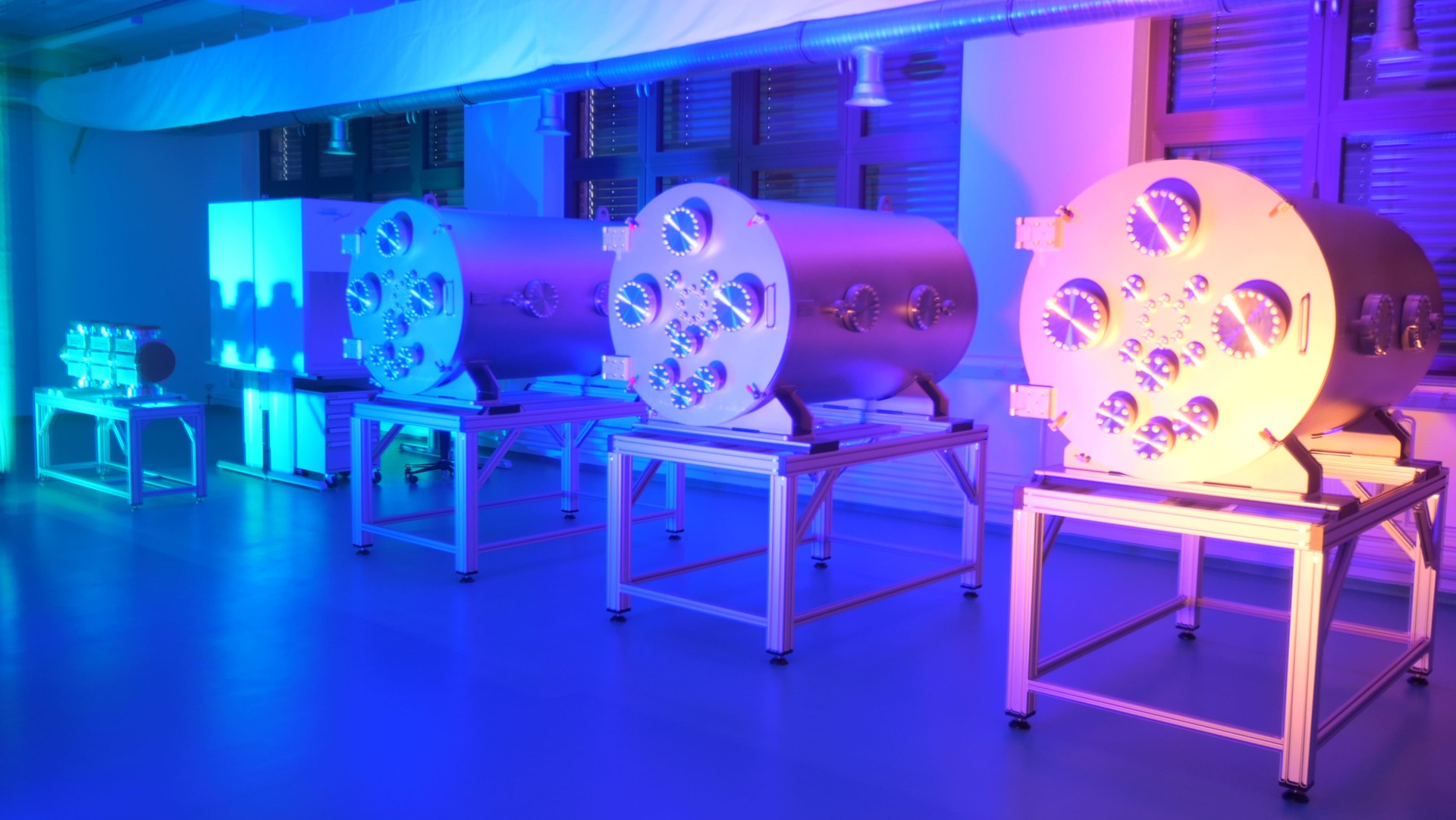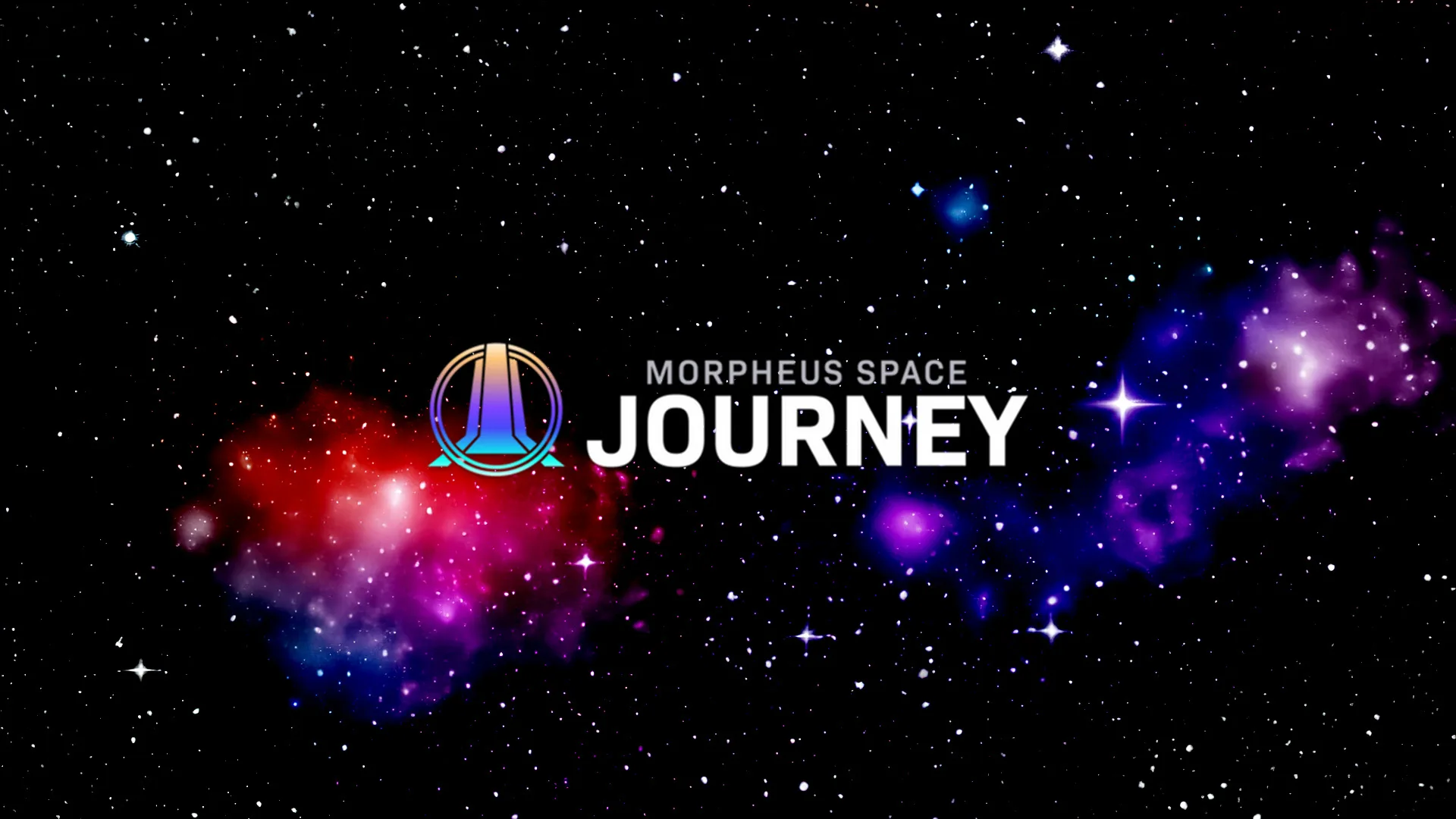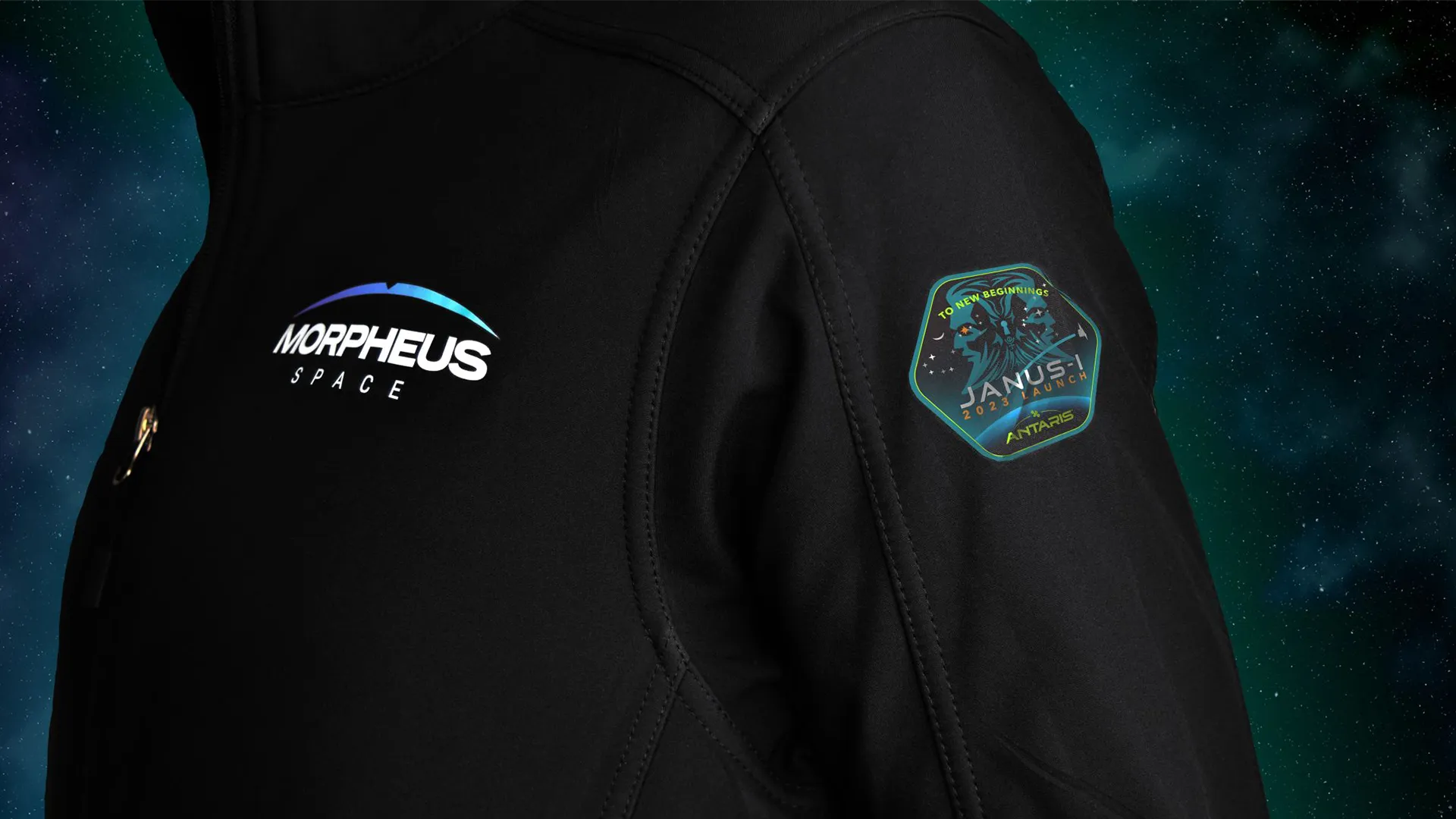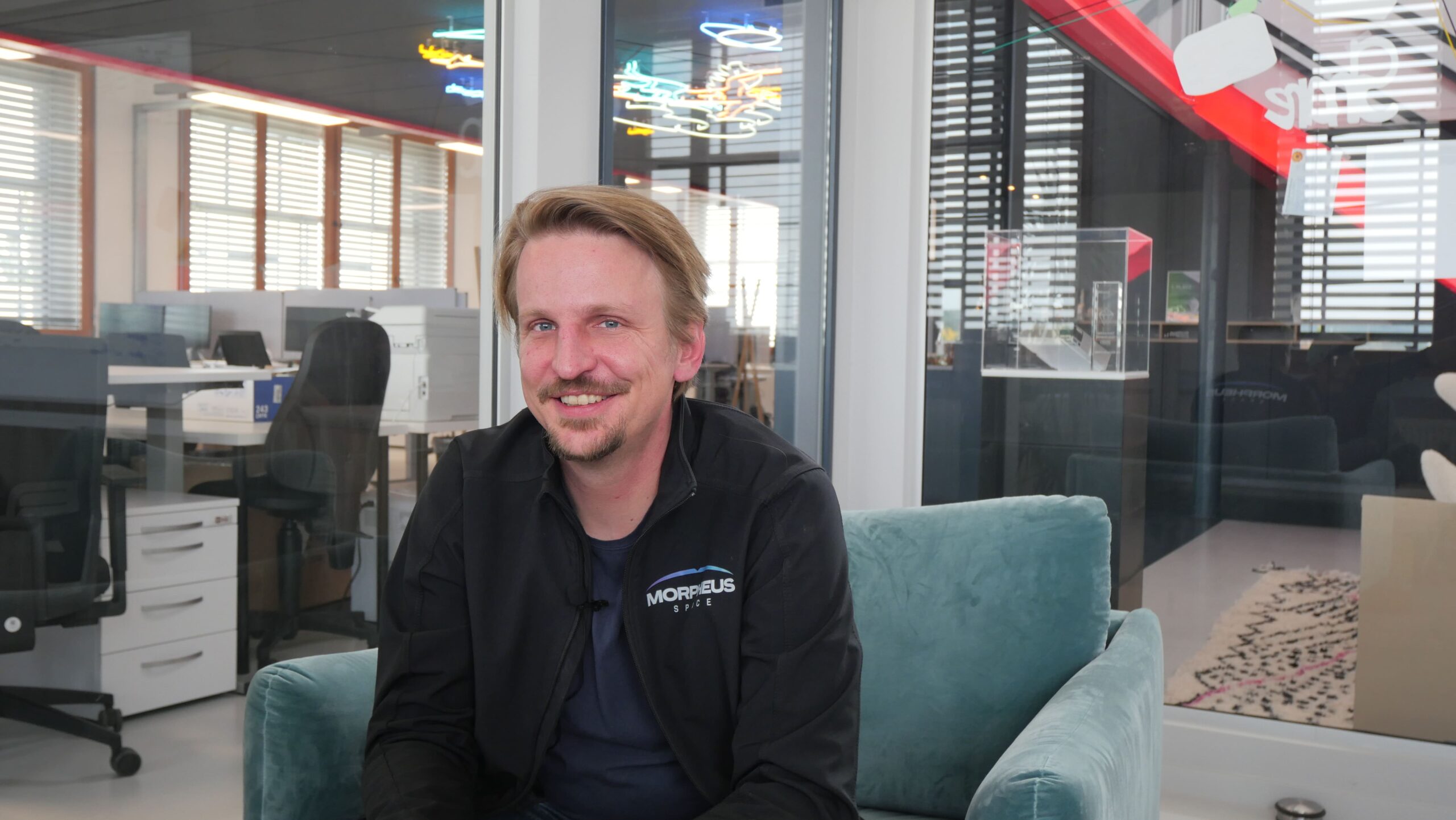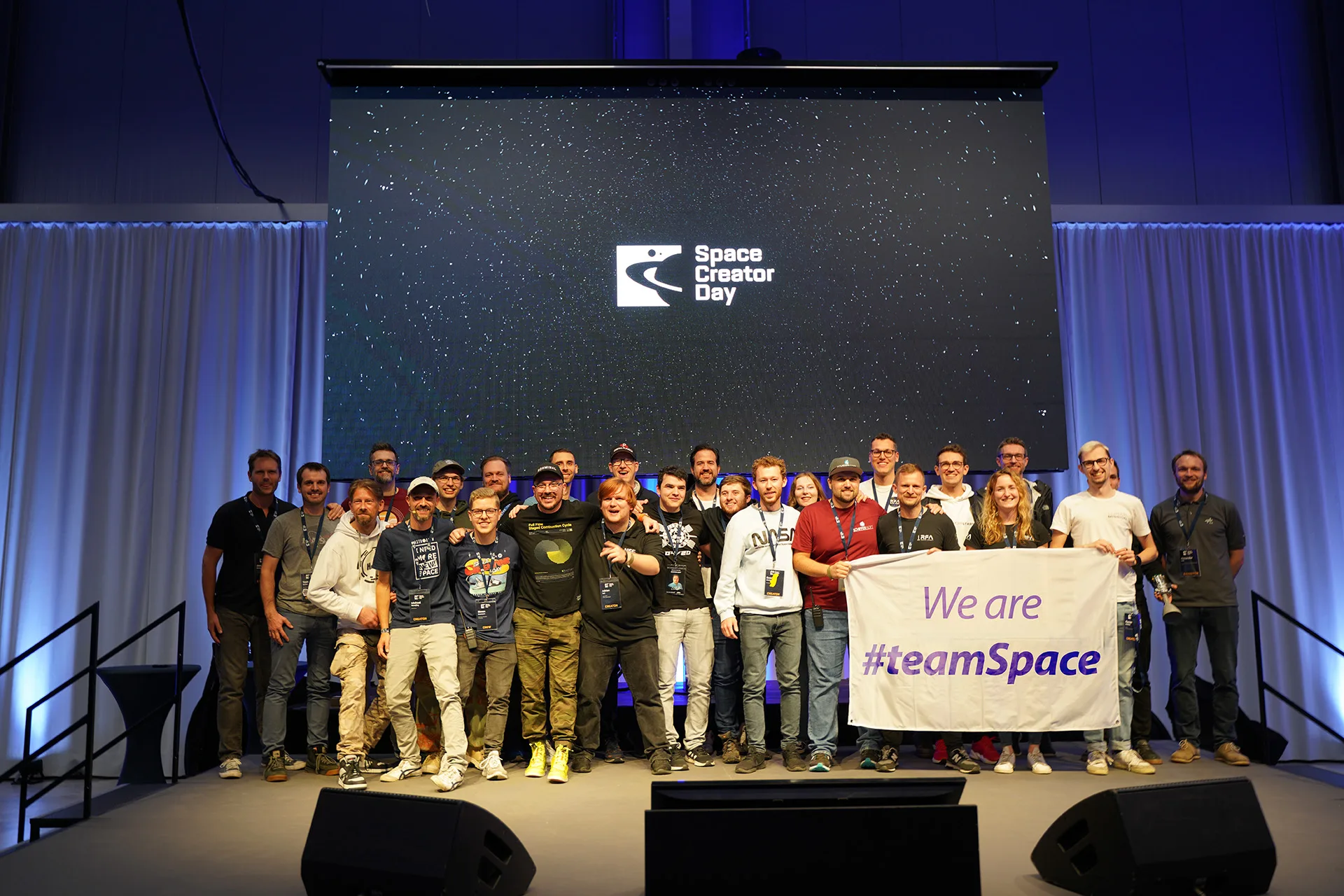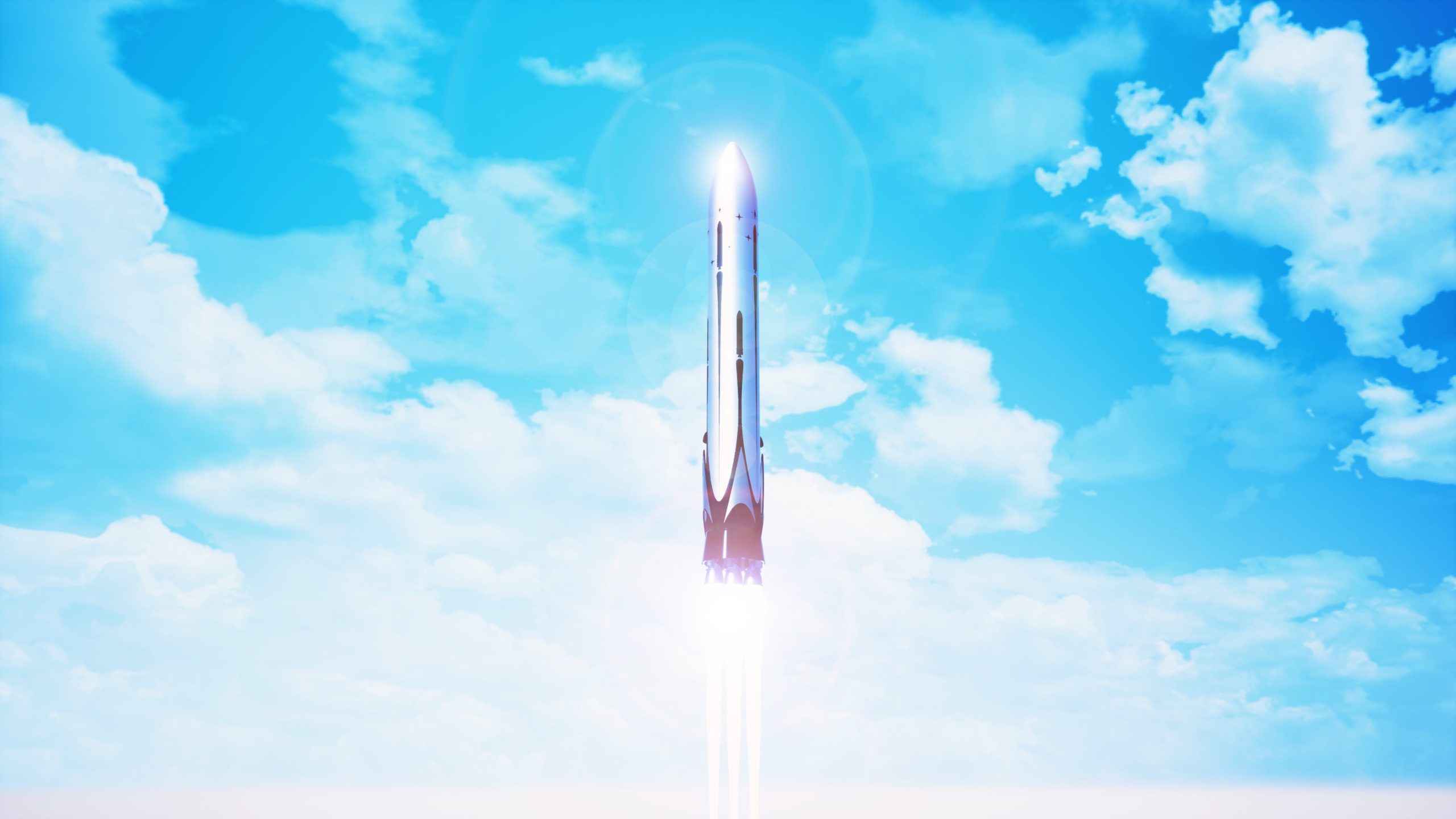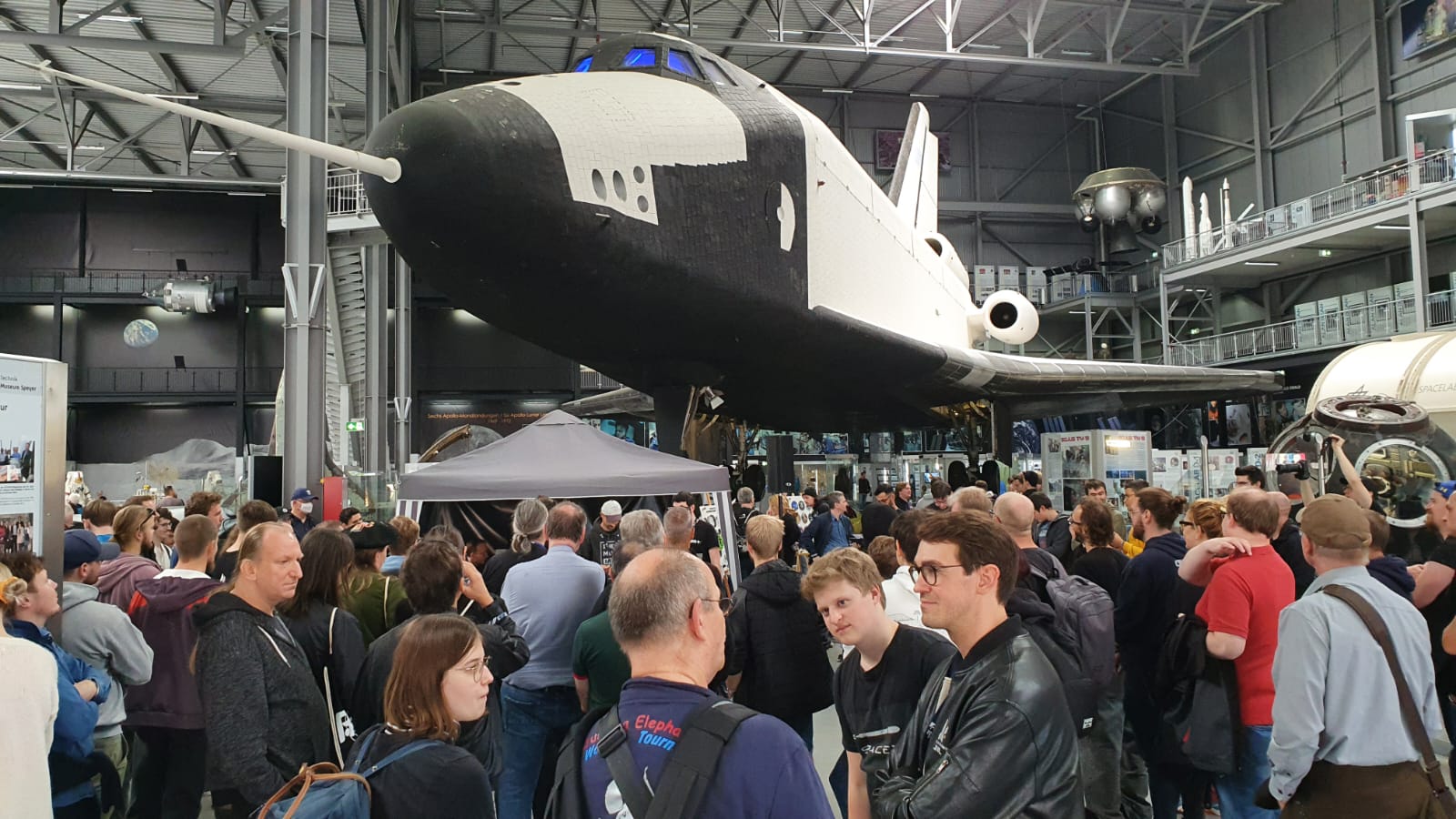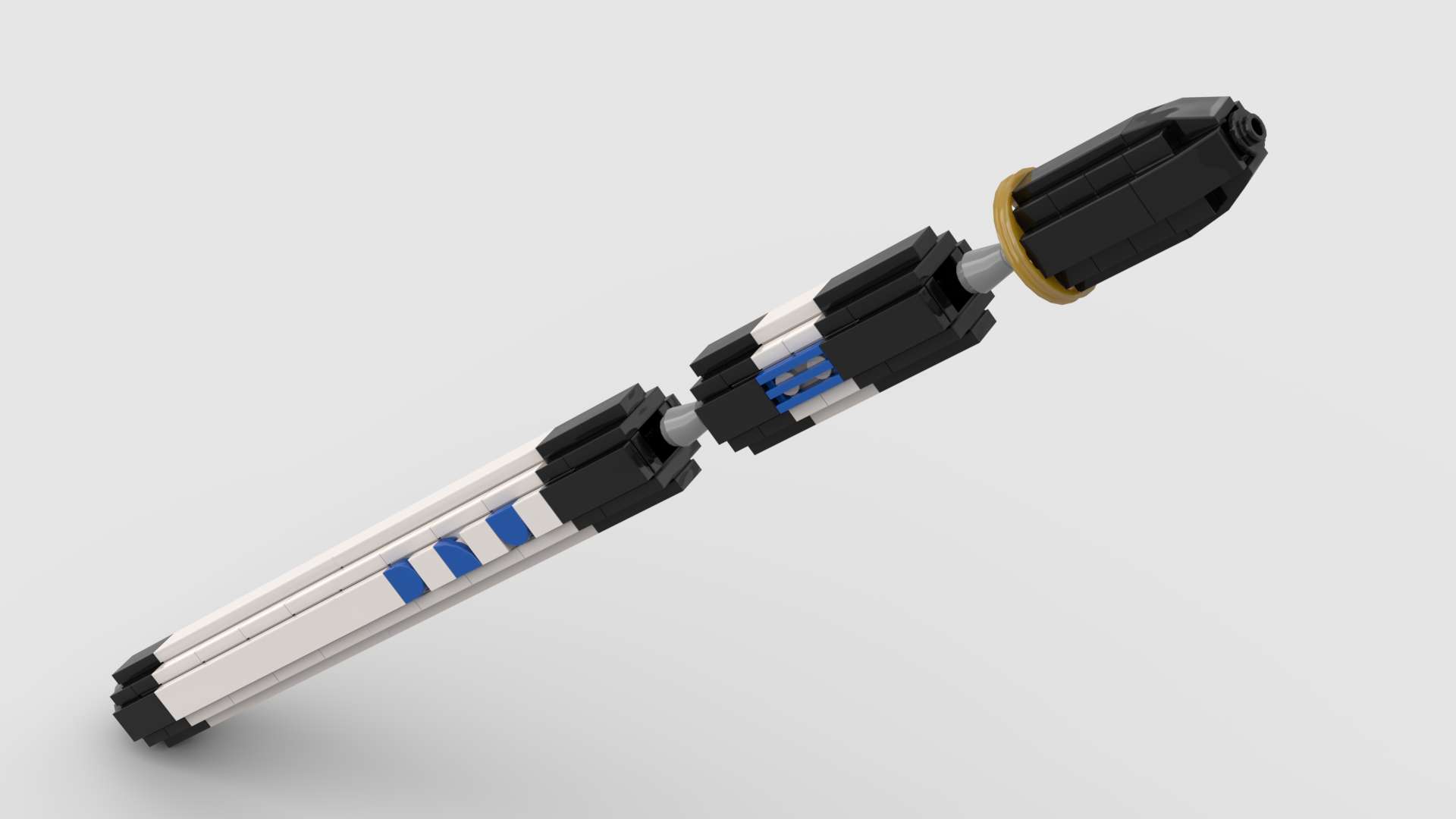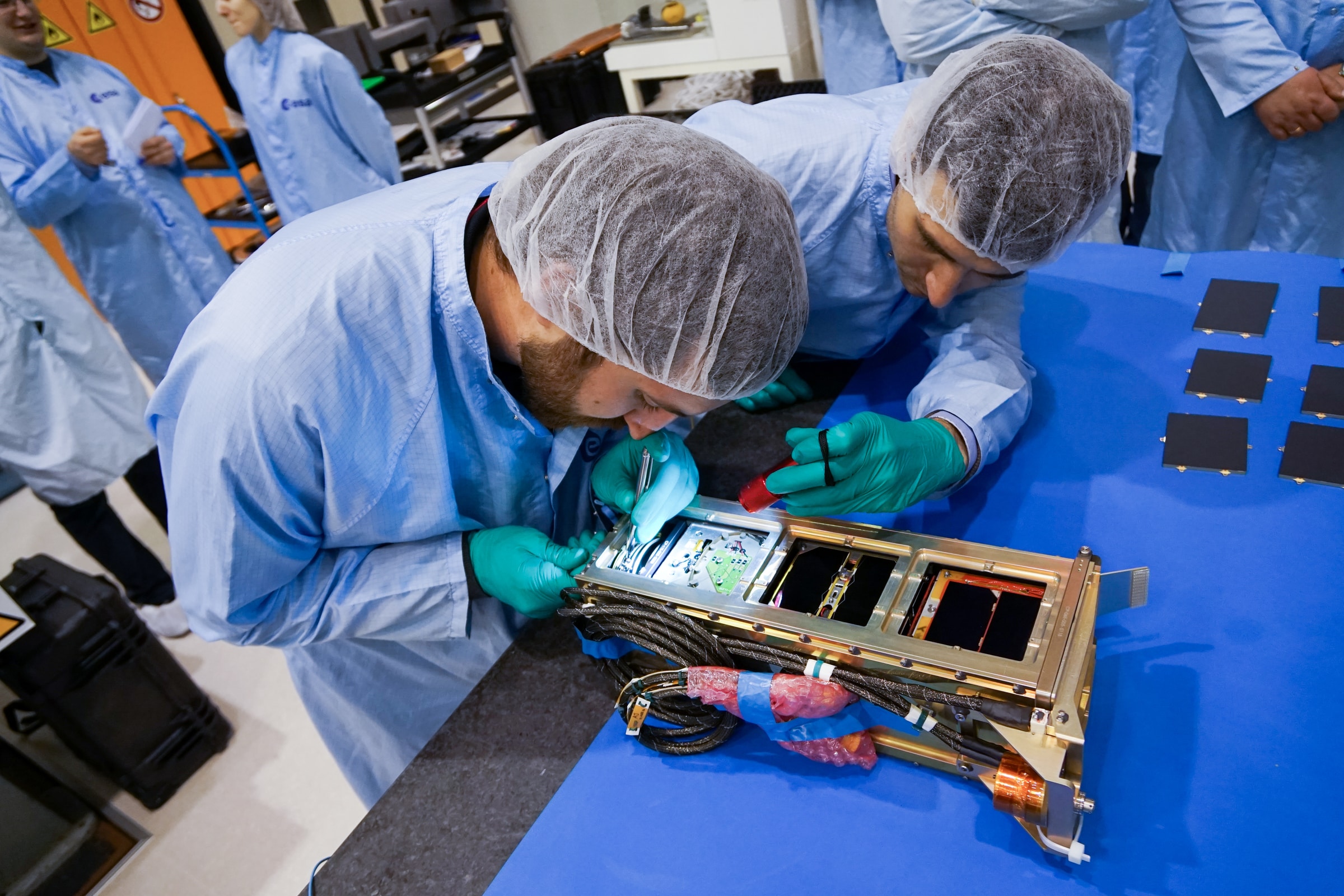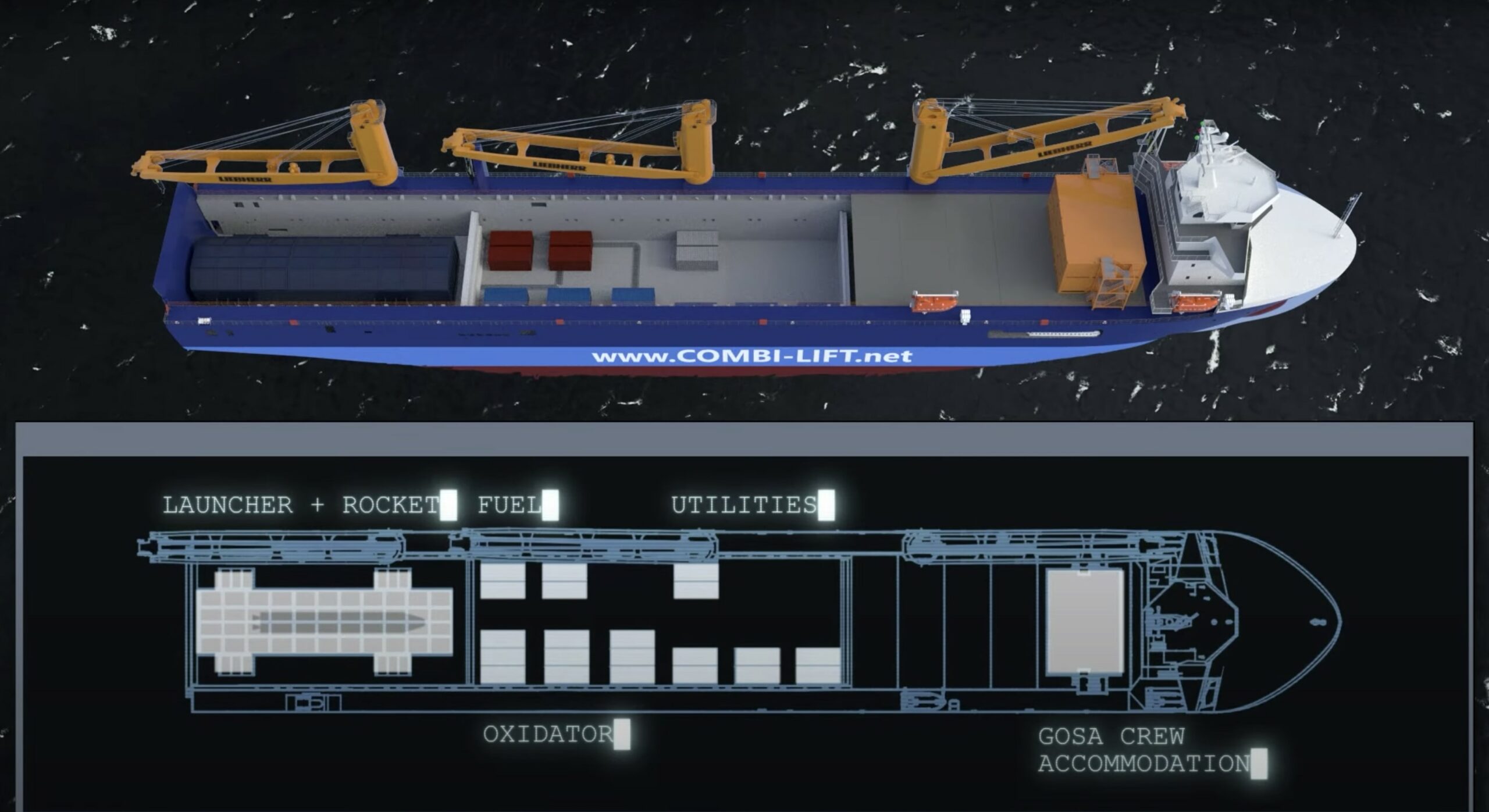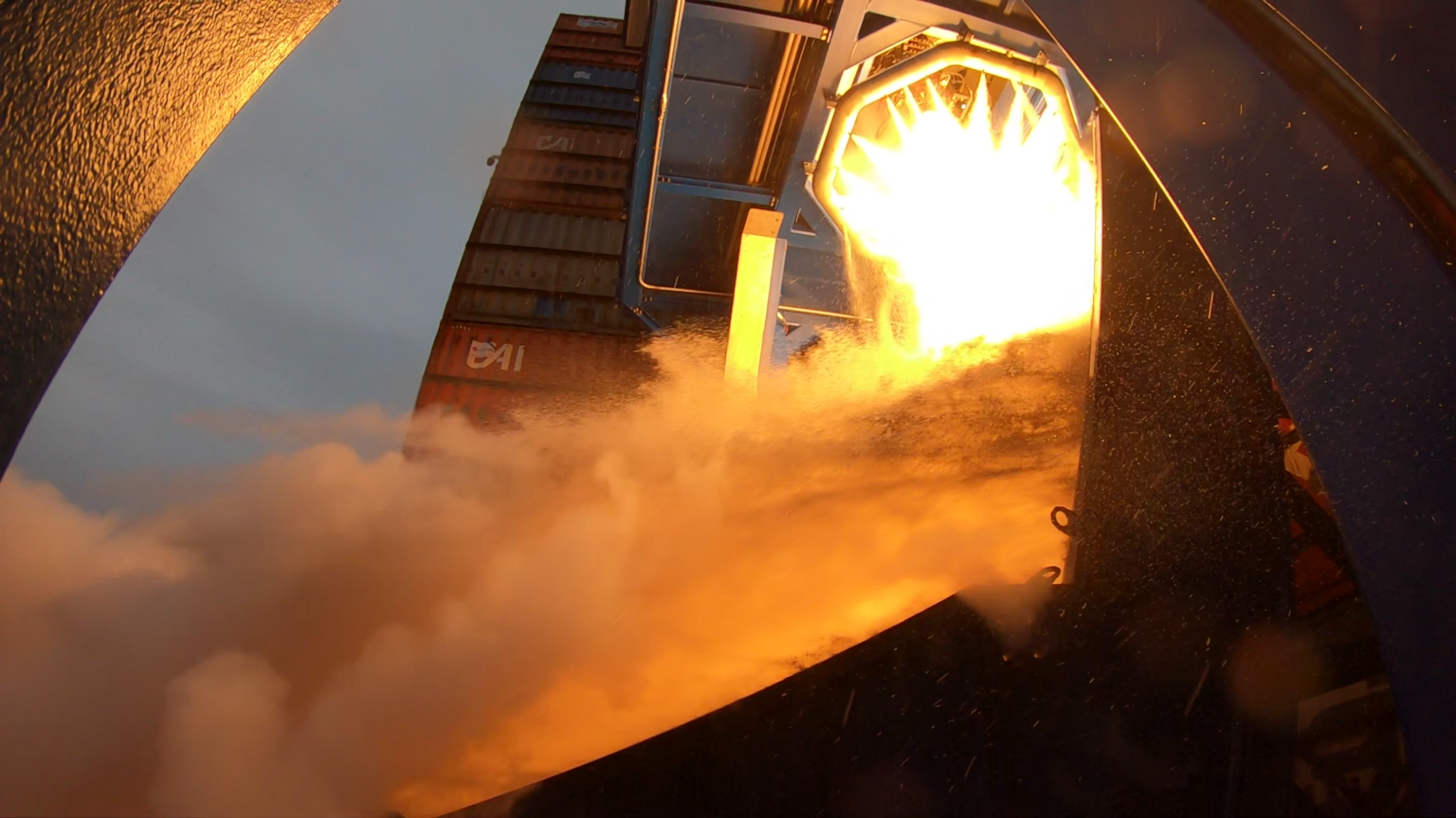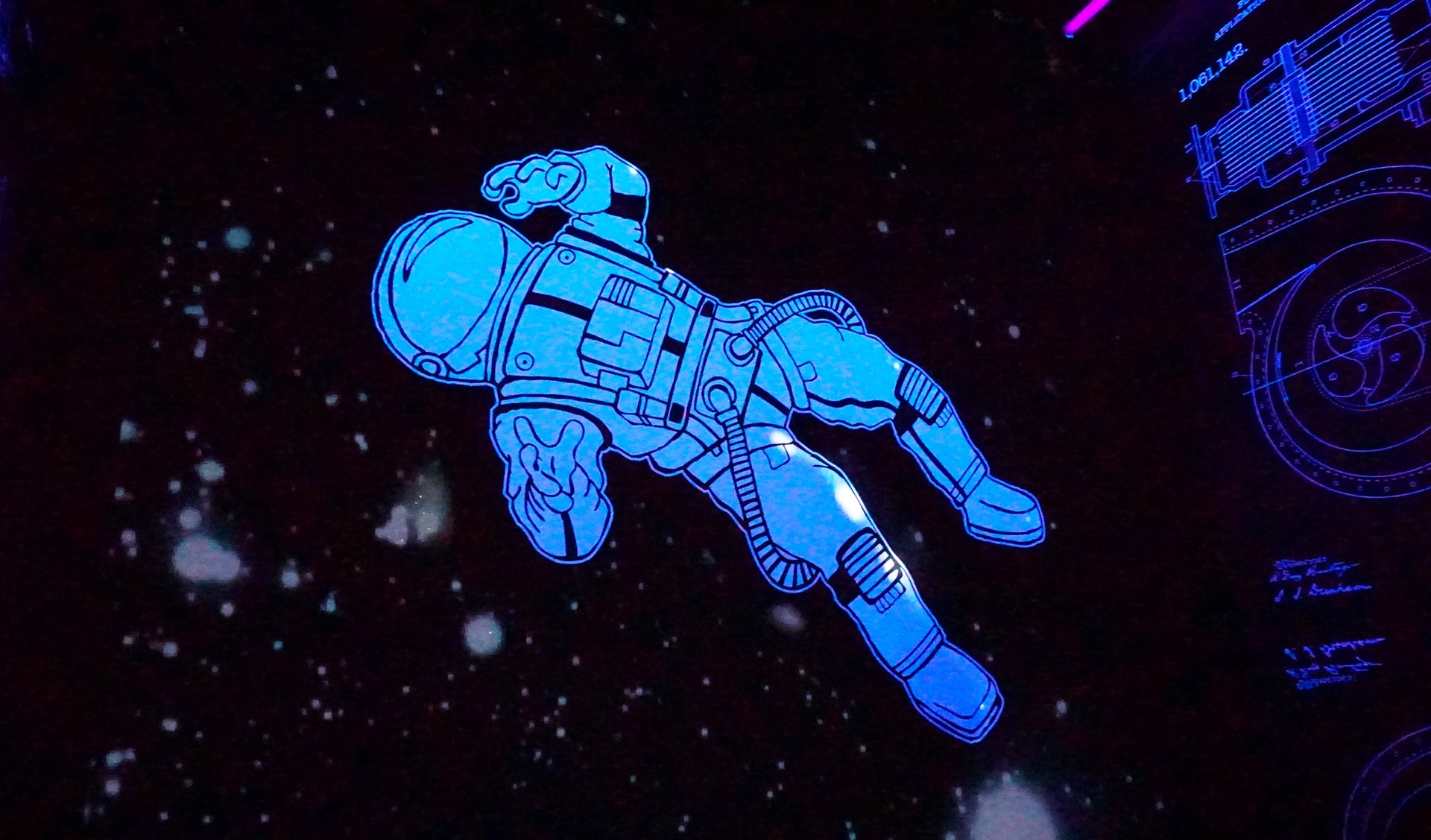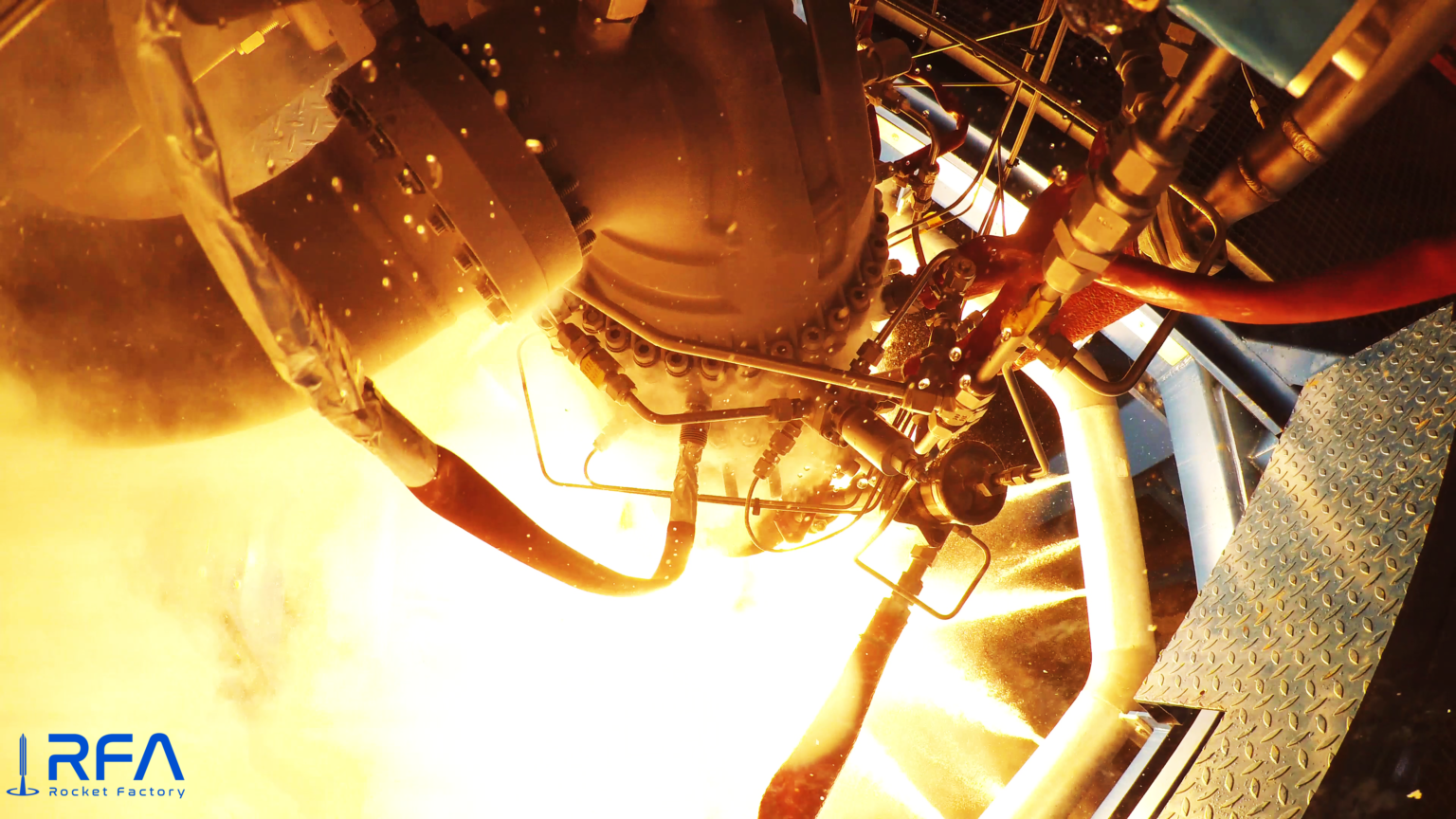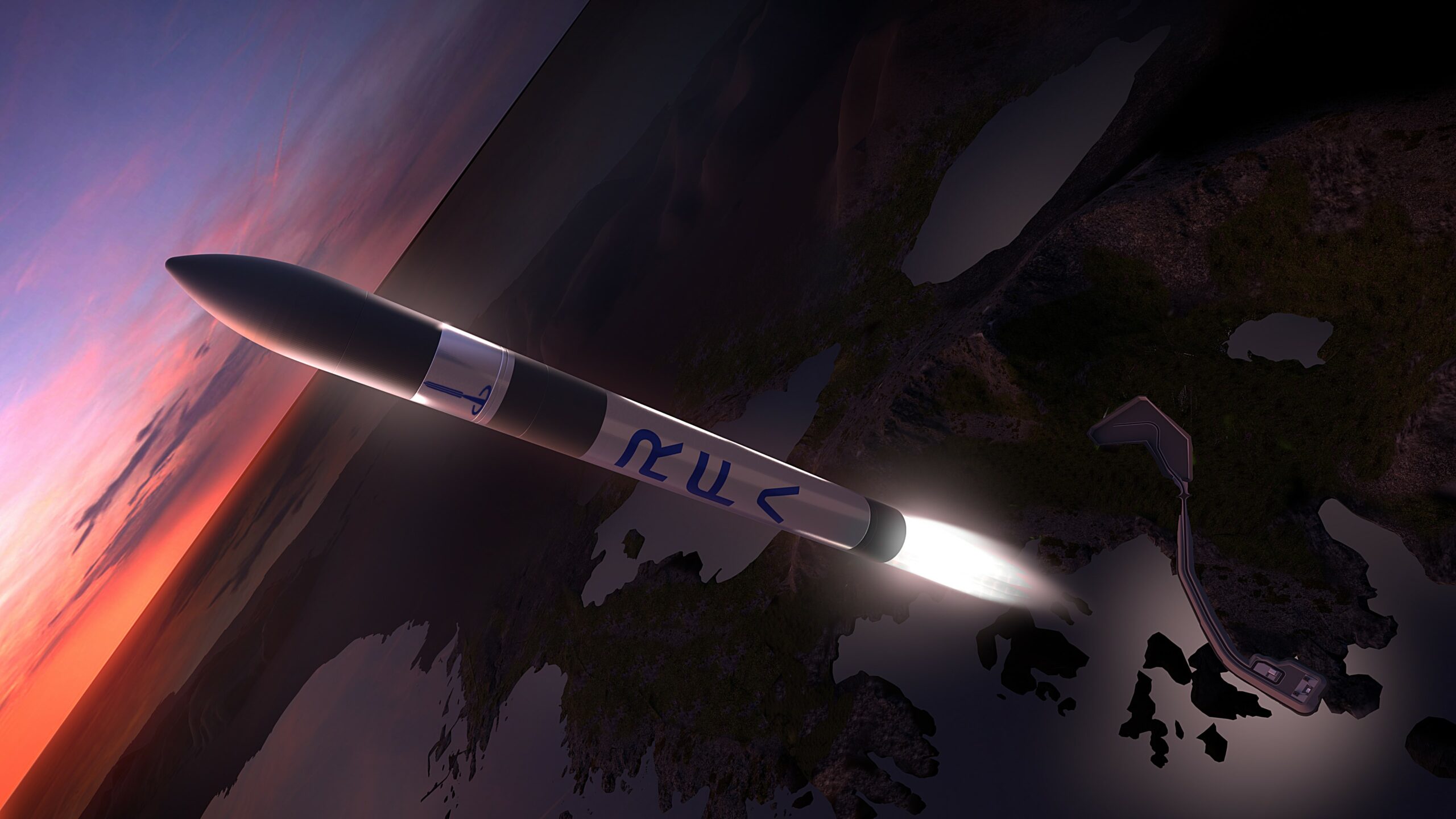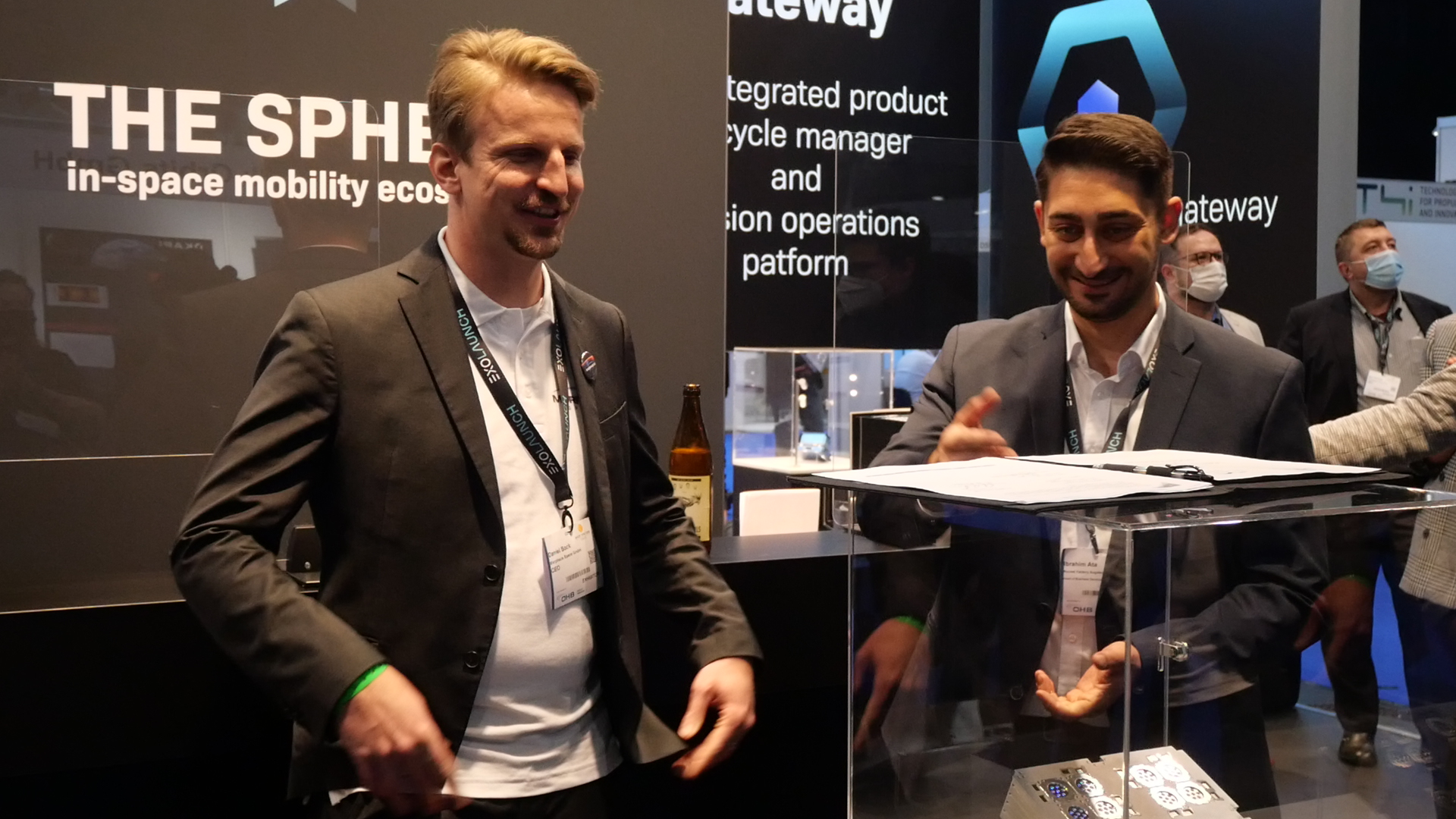
Morpheus Space and RFA sign Memorandum of Understanding
Published on Thu, 18.11.2021 – 12:02 CET in Cooperations, covering Morpheus SpaceThe electric propulsion systems manufactured by Morpheus Space set global standards in the space industry. In the future, the Augsburg-based microlauncher manufacturer Rocket Factory Augsburg will rely on the technology developed in Dresden.
On the second day of Space Tech Expo Europe (Bremen), Morpheus Space invited visitors to its booth to announce a special news. In front of numerous interested visitors, Daniel Bock, Co-Founder and CEO Morpheus Space, and Dr. Ibrahim Ata, Head of Sales & Business Development Rocket Factory Augsburg, explained the future cooperation.
The aim is to use the propulsion systems developed by Morpheus in the orbital stage of the RFA One microlauncher. Their price/performance ratio not only has a positive impact on the expected launch costs for customers, but also improves the overall performance of the launcher when it comes to sustainability and reliability. To achieve this, the systems must be aligned. With the signing of the Memorandum of Understanding (MoU), Morpheus and RFA sealed to work closely together in the development of the technology.
As Daniel Bock and Dr. Ibrahim Ata emphasized during the signing ceremony, sustainability in Low Earth Orbit (LEO) is particularly important to both companies. For example, RFA's orbital stage will be able to remove space debris.
We want to care about future sustainability in space. So we are really honored to welcome RFA today and take sustainability to the next level.
Daniel Bock, Co-founder and CEO Morpheus Space
The need for a "clean LEO" was also pointed out by Dr. Ibrahim Ata. While the necessary technology in the form of an orbital stage is one thing, a reliable partner is also needed.
If you're looking for the best propulsion system in this class, you don't have to look far - we found it at Morpheus.
Dr. Ibrahim Ata, Head of Sales & Business Development Rocket Factory Augsburg
Morpheus Space's propulsion systems use the principle of the ion beam to generate thrust. This uses an alloy as the "propellant". Unlike chemical thrusters, ion thrusters generate much less thrust, but are suitable for efficient continuous operation.
via Morpheus Space, RFA, Space Tech Expo Europe
